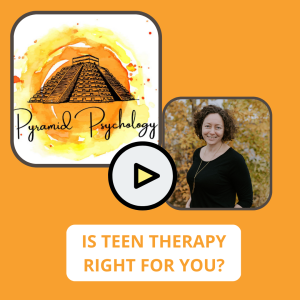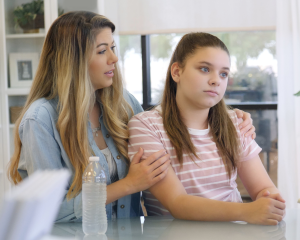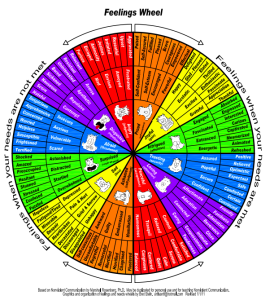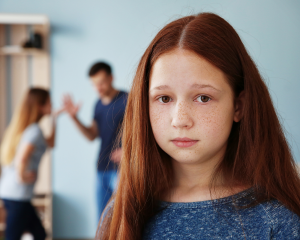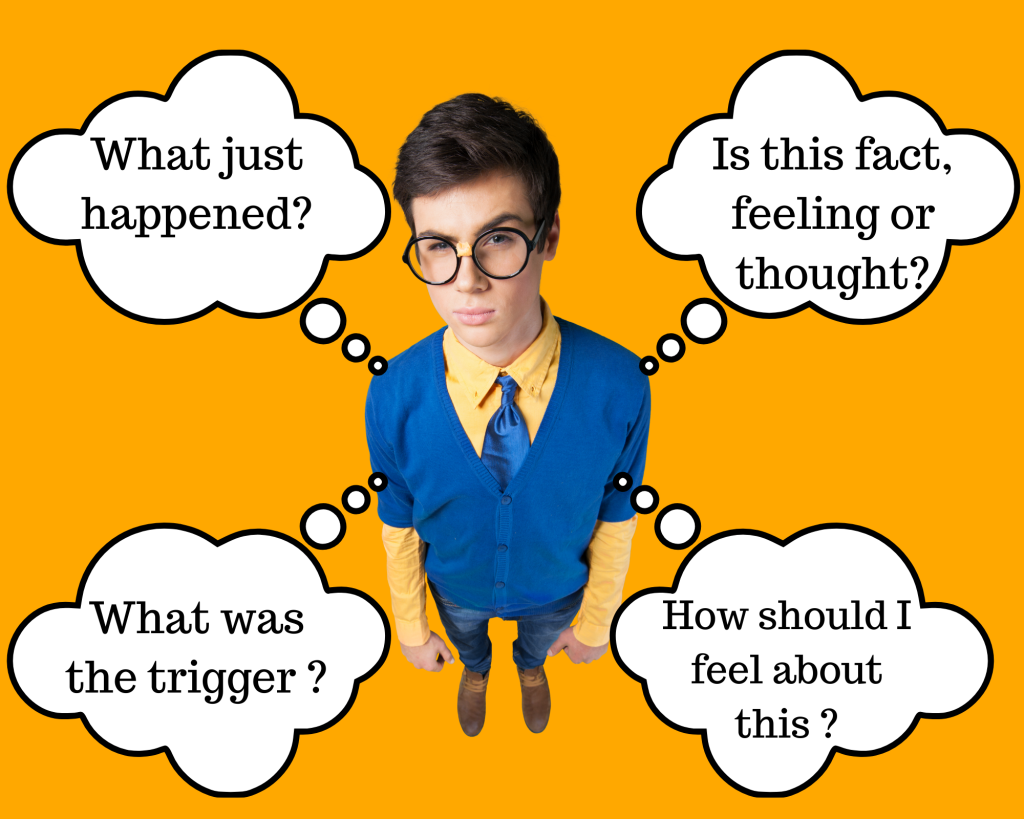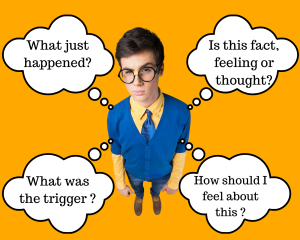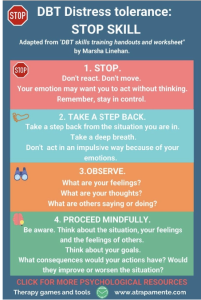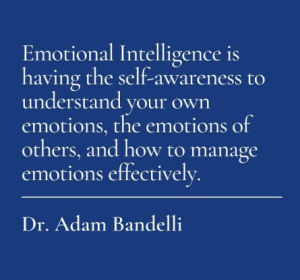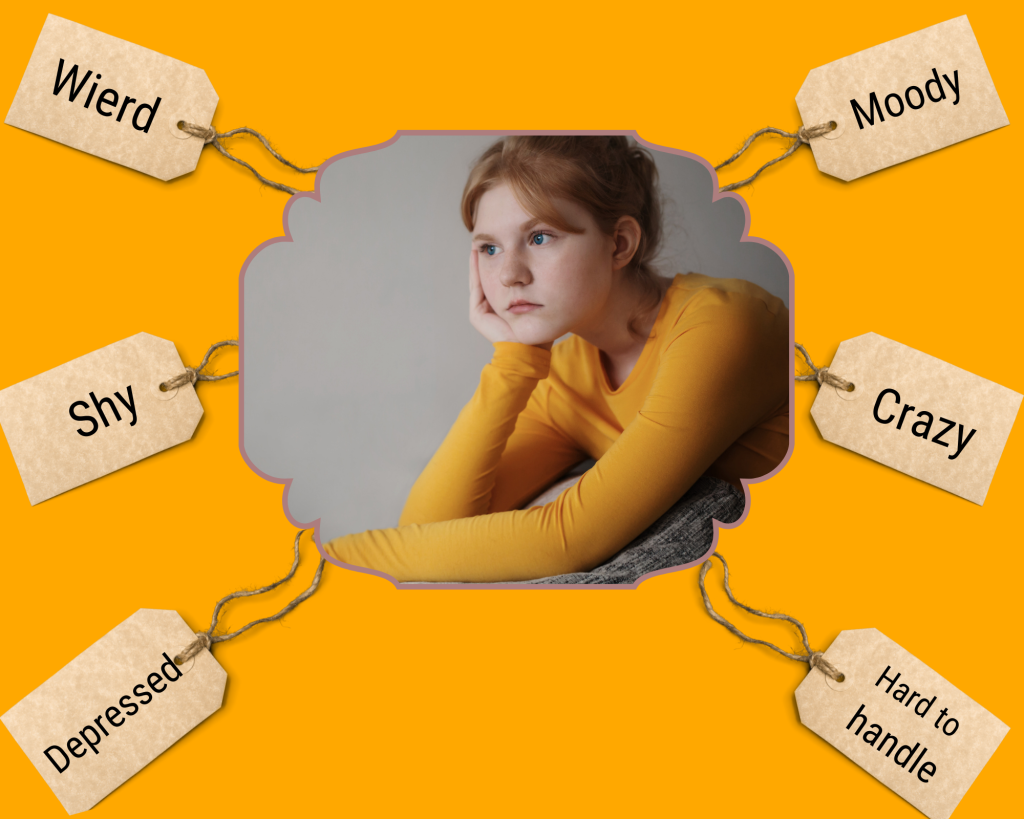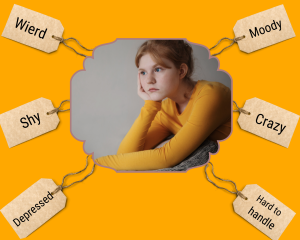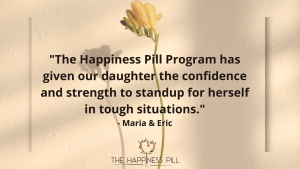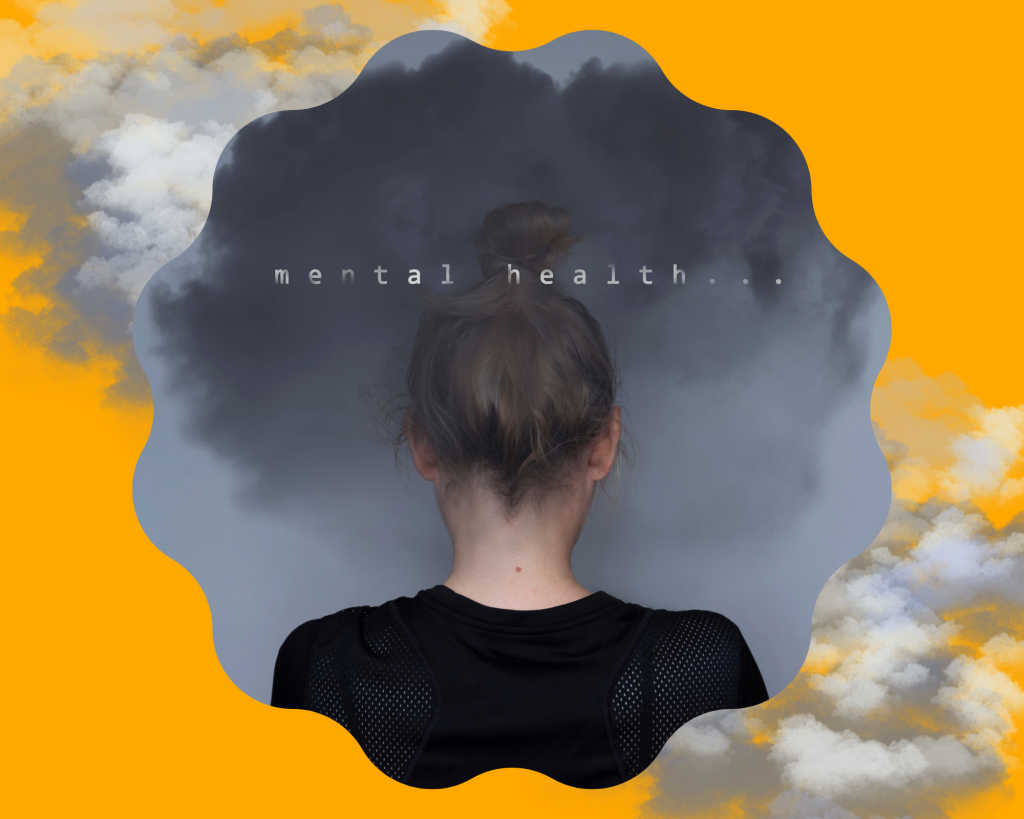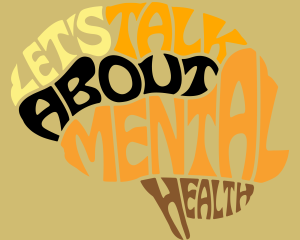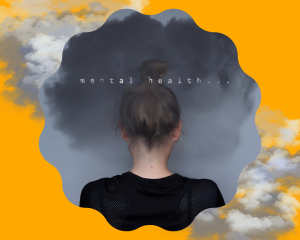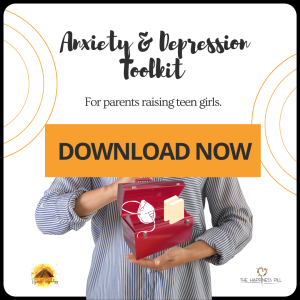Feelings As Visitors: How To Welcome All Feelings Even The “Bad” Ones
Learning From Our Feelings
Ok today we’re writing about tricky feelings, those feelings that are difficult to experience, those that are pleasant, and feelings in general. I want to highlight that our relationship with our feelings is pretty important and if we learn to approach feelings with curiosity rather than resistance and judgement, we may find that we can cope much better.
I’ve decided to start by sharing a poem that I find quite profound and helpful in how I experience feelings. I like this poem for many different reasons, but mainly because, for me, it talks about how we can have a relationship with feelings and experience feelings in a way that isn’t scary. If we spend less time trying to avoid or deny a feeling and more time listening and learning about it, the experience may be easier to have and may teach us something.

Photo by Canva
The Guest House
This being human is a guest house.
Every morning a new arrival.
A joy, a depression, a meanness,
some momentary awareness comes
as an unexpected visitor.
Welcome and entertain them all!
Even if they are a crowd of sorrows,
who violently sweep your house
empty of its furniture,
still, treat each guest honorably.
He may be clearing you out
for some new delight.
The dark thought, the shame, the malice.
meet them at the door laughing and invite them in.
Be grateful for whatever comes.
because each has been sent
as a guide from beyond.— Jellaludin Rumi,
Feelings Don’t Last That Long

Photo by Canva
Learning and listening to our feelings may open the door to opportunities, as Rumi said, and the reality is feelings don’t necessarily last as long as we think. Feelings come and go and are constantly changing, but we may tend to perceive them as lasting a long time or not lasting long enough.
I saw a post on social media that shared a picture with two lines. The top line symbolized
How long we think a feeling is going to last.
Beneath it was another line that symbolized
How long a feeling actually lasts.
What it showed is typically we anticipate that tricky feelings are going to be more intense, last much longer, or be more scary than they actually are. It’s important for me to say that feelings are legitimate and some feelings are very difficult and painful to experience. YES, this is true and this is the human condition. Even those feelings don’t continually happen, we kind of tend to bob in and out of them in the mix of all our other experiences.
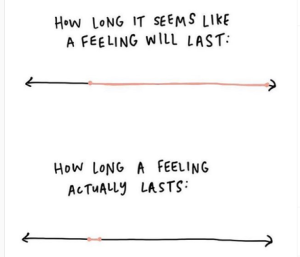
So this topic is about how to deal with tricky feelings and feelings that are difficult to have.
In our society, we are kind of taught to do a couple things with feelings.
One of them is to chase or gather a feeling that we really love. Say for example the feeling of happiness, excitement or joy. We’re always striving to have that feeling and have lots of that feeling, you know like the pursuit of happiness. In this case there is often a scarcity mentality, like there is just never enough of that feel good emotion. We can also become concerned about moments we are not feeling those more positive feelings, sending us on a futile hunt.
Another thing that we’re taught is not let ‘bad feelings’ in or to avoid, deny, or change them. There seems to be messages of shame around experiencing certain emotions that are perceived as negative like anger, sadness, anxiety, boredom, etc.
If we learn to approach feelings with curiosity rather than resistance and judgement, we may find that we can cope much better.

Photo by Canva
If you imagine yourself as a little person inside a house and you think about feelings as visitors or guests, there are some that we openly invite in,
“Oh yes, come on in and take up all the space you need”, feelings like happiness, joy, peace, or calm.
Then there are other feelings like sadness, pain, or anxiety that we decide “I don’t want to have this feeling” so we slam the door in their face.

Photo by Canva
The thing is these guests, the feelings, don’t just go away like that. They are quite persistent that they have something to share with you, and will just keep trying to find a way to get in. Those feelings end up kind of sticking around a lot longer than they need to, which can cause problems.
Thinking of feelings as guests or visitors, like Rumi wrote about and another book I will share with you, allows us to interact with them in a very curious way instead of being scared or reluctant to experience feelings, even if it’s one we think may not be great to have around.
The book ‘Visiting Feelings’ by Lauren Rubenstein is a great resource. It has beautiful artwork and a poetic tone to the writing. This book invites people to consider what a feeling might look like, sound like, feel like, and takes a curious approach to feelings.
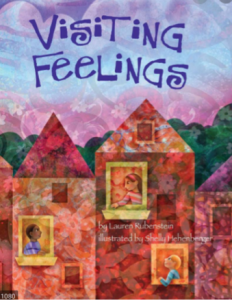
I really wanted you to take a moment to sit with that possibility. Feelings as visitors, as guests.
Temporary. Impermanent. Not forever.
They will not last forever: good, bad, or terrible. I want to invite you to think about the different feelings you experience everyday and approach them with curiosity rather than judgement.
Consider asking the following questions of your feelings:
What does this feeling want me to know? What does it need right now? What is one thing I can do to learn more about it? Can I journal, draw, talk to someone about it, build it with clay, splatter paint to represent it, blast music that sounds like it?
Box Journaling
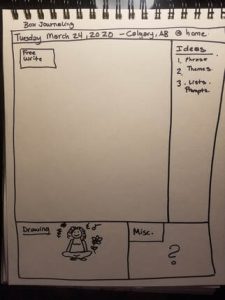
If you’re onboard with this idea of feelings as visitors or at least onboard with trying it out, I would invite you to try a journaling exercise. There are so many ways to journal and I am going to share one as I was inspired by Carla Sonheim, who shared this in a webinar.
Ok in reviewing my video above, I chuckled because I don’t quite know my left from my right, but rest assured the concept of box journaling is legitimate. I like box journaling because it combines free flowing ideas and creativity, as well as, some structure and idea prompting so that you can come away with an idea or an action to take that might be helpful.
For box journaling you will need a sheet of paper and a black marker (you can use a pen or pencil also). If you have pencil crayons or coloured markers, you can also use those. Start out by drawing a large box on your paper. You will then be dividing the box into 5 sections.

Section one: Draw a horizontal line under the top line of the box (creating its own little box within the larger box) and this is where you will put the date and you can add where you were when you journaled.

Section two and three: Underneath the horizontal box create two vertical boxes. These will take about two thirds of the page. The one on the left is the largest and the one on the right is slimmer. The left box is where you will put your free writing. The slimmer panel box on the right is where you will grab ideas from the free write and create a list of themes, ideas, key phrases, action items, etc.

Section four and five: Underneath the section 2/3 boxes you will create two smaller boxes that are about equal in size. They will take up the rest of the space on the paper. The box on the left will be for a drawing. This can be a squiggle, scribble, symbol, stick figure, or any kind of image that helps represent something about your writing or how you are feeling in that moment. The last box on the right is a miscellaneous box. You can continue some free writing here, continue your image, paste a quote, add an affirmation or word that inspires you, etc. You get to decide what goes here.
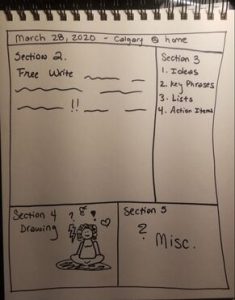
Box journaling can take as much or as little time as you have. If you only have 10 minutes, spend 5 minutes on the free write journaling and the rest in the other sections. If you have a little longer, give yourself at least 5-10 minutes to free write and then a few minutes with each of the other sections.
There’s an idea of what you can do to start to be curious about feelings. Consider for yourself, what are some other things you can do to invite feelings in and learn more about them while they are visiting?
If you found this post helpful, pass it on by emailing a friend or sharing it on Twitter or Facebook- Thanks!

5 Practical Ways to Take Control of your Happiness
Chantal Côté (she/her) is a psychologist and teen life coach living in Calgary, Alberta. After over a decade in non-profit and community mental health, Chantal started Pyramid Psychology, a practice dedicated to supporting teens – a population she is constantly amazed by. Chantal is on a mission to help 100,000 teen girls (and their parents) build bulletproof mindsets so they can weather the ups and downs of life. As part of this goal, Chantal has had the privilege of speaking at various events – virtual and live – to support teens and parents.
Outside of this passion, Chantal is often in nature, writing poetry, playing ball hockey and hanging out with her loved ones.
Each week, Chantal writes a blog article in response to issues she hears from the parents and teens she connects with.
If you have something you’d like to read more on – email ideas and questions to info@pyramidpsychology.com or DM us via Instagram or Facebook.

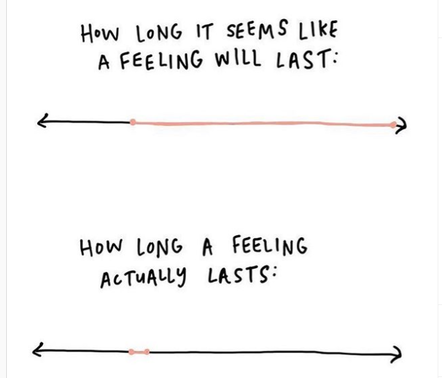




 Jessa is a counsellor that has recently completed her master of counselling degree through Athabasca University.
Jessa is a counsellor that has recently completed her master of counselling degree through Athabasca University.

